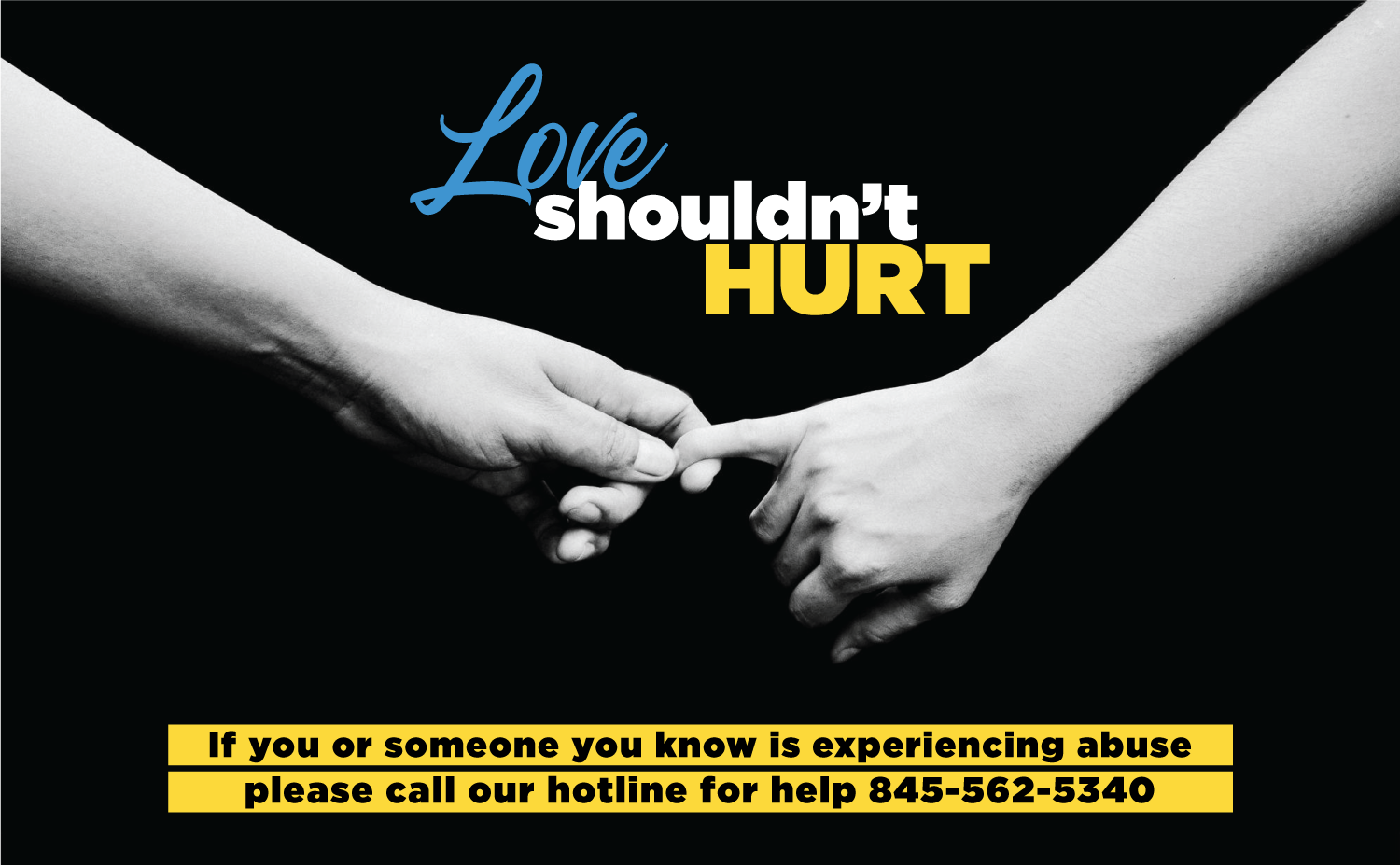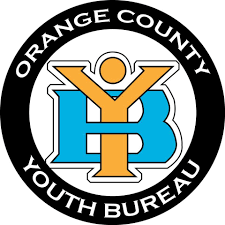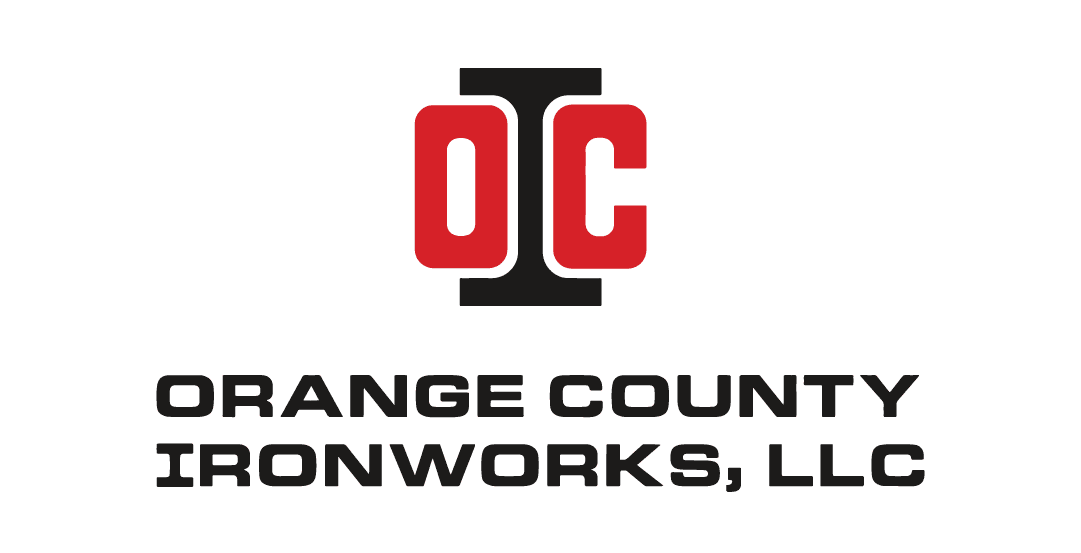What is Teen Dating Violence?
Teen dating violence is a pattern of behavior used to gain and maintain power and control over a current or previous dating partner. Not all abusive relationships look the same and abusive behaviors exist in different forms, including; verbal, emotional, physical, sexual, financial, and cyber/digital. Teen dating violence can affect anyone regardless of race, socioeconomic status, sexuality, gender identity, or any other social identity. It occurs in all types of dating relationships including those who identify in the LGBTQ community.

How Common is Teen Dating Violence?
It has been reported that one in three adolescents in the U.S. is a victim of physical, sexual, emotional or verbal abuse from a dating partner. Girls and young women between the ages of 16 and 24 experience the highest rate of intimate partner violence — almost triple the national average. 80% of teens report knowing someone their age that has experienced controlling behaviors from a partner.
Is This Abuse?
Every relationship is different and individuals may experience different warning signs of abuse. Remember, abuse is about power and control. Physical violence does not have to occur for a relationship to be abusive. Some common warning signs of abuse in your relationship may include:
- Controlling who you hang out with
- Controlling where you go and what you do
- Jealousy/possessiveness
- Looking through your cell phone and social media accounts
- Controlling how you dress
- Constantly checking on you through calling, texting, etc.
- Manipulation – making you feel guilty (using the silent treatment)
- Threatening to hurt themselves, you or someone you love
- Threatening to “out” you
- Using jokes, threats or derogatory names about you, your gender, race, etc.
- Making you feel bad about yourself, your body, your appearance
- Pressuring you to have sex, even if it is in a way that seems nice, such as “I just want to show you how much I love you.”
- Pressuring you to do something against your will such as take/send sexual photos, perform sexual acts, use alcohol or drugs, have unprotected sex, etc.
How Can I Help a Friend?
Helping a friend can be challenging. There are a lot of reasons someone stays in an abusive relationship. In fact, it is more dangerous for someone in an abusive relationship when they leave or are planning to leave. It can be helpful to support your friend and let them know what you see that makes you concerned. The list of warning signs above may be a useful resource. Tell your friend you care. Tell them about Fearless!. It can be difficult to watch someone you care about being hurt and sometimes it can feel as if there is nothing you can do. We are here to help. We are here for you
Creating Safety, Reclaiming Equality, Pursuing Justice
If you or someone you know may be a victim of teen dating violence,
please call our confidential 24-hour hotline at 845-562-5340.
Funding for our Youth Education and Prevention Program is provided by:














